In the half a second before Cass opens her mouth, I convince myself I’m being fired and immediately feel panic rise in my chest. So much for that breathing exercise.
Cass leans forward, resting her elbows on the table and cupping her chin in her palms. I catch a glimpse of her French manicure and am suddenly embarrassed by my own obliterated nails, which I’ve been absentmindedly biting.
“How often do you read what your fans are saying about your books online?”
“Um. Never, if I can help it.”
Seriously. I try to avoid my readers’ comments on social media at all costs. Even kind messages people submit through my website make me uncomfortable. A lot of it is complimentary, but then there are the bullies. The ones who hide behind a screen and inform you what a talentless hack you are, and so-and-so’s historical romance series is so much better. Every once in a while, I’ll get a comment that’s the equivalent of a one-star review on Yelp. “Stupid plot. Idiotic characters. Did not finish. Will never read another book by this author!”
Cass hands me a piece of paper. “Read.”
“I’m assuming it’s bad?”
“Just take a look, Rhea.”
Grimacing, I look down at the page. It’s a printout of a thread from a popular message board for romance readers. There’s only one post, and it’s long. Someone has taken the time to write an essay about my series. Their username is MisterCarver, borrowing the surname from the family my books follow.
I begin to skim, not having the focus nor the energy to read a book report on my own series, especially if it’s critiquing my writing style or my characters’ choices. But it’s actually flattering. More than flattering. This person thinks An American Love Story is the greatest romance series ever written. In his sprawling love letter to my books, he professes his love for Louisa, my heroine. He’d like to marry her. And when the books finally catch up to the present day (each novel follows a new decade in the life of one large family, beginning in the early 1800s, and the most recent book takes place during World War II), he hopes to someday meet the Carvers. It’s sweet, albeit a little intense.
“Jesus, Cass, you scared me. I thought this was going to be another scathing review of my books.”
“I just want you to be careful, Rhea,” she says, motioning for me to hand the page back to her.
“Can I keep this? I want to frame it and put it on my desk.”
“It isn’t funny.”
“It’s a little funny.”
Cass and I have very different brands of humor.
“I want you to be careful. Especially at book signings. It’s one thing to have devoted fans, but there’s a difference between devoted and obsessed. People really love your characters, Rhea. As they should. But I’ve seen what can happen when fans get too attached to fictional characters. If things don’t go as they’d like, they blame the author. And there’s always that one person who considers themselves your number-one fan, who crosses a boundary. I know you’re pretty guarded on social media and in person, but I just wanted to make you aware.”
“Well, thanks for making me aware, Cass,” I say carefully. “I’m already a walking panic attack most days, but I appreciate having one more thing to worry about.”
She gives me a look, like she isn’t sure whether to admonish me or ask if I need a Xanax.
“There’s something else,” she says.
Christ. If she has a Xanax, I’ll take it.
“This last book. It hasn’t performed the way we’d hoped.”
Maybe I should tell her about the man on the train. He was definitely enjoying the last book. But I know she’s talking about book sales. And it’s true, the latest book in the series sold the least amount of copies in comparison to the first four. I wish I could say this surprised me, but I know that my passion for this series has dwindled.
As if reading my mind, Cass says, “I know your passion for the series has dwindled a bit.”
Okay, weird.
“And I get it, you don’t need to be in love with your characters and these books the way the fans are. As long as the books are good. And they are good, Rhea. You know I think the world of you and your craft. I’m just concerned that whatever’s going on with you is affecting your enthusiasm for the books, and ultimately, your writing.”
Whatever’s going on with me?
“I don’t want to worry you,” she continues, before I can ask what she means, “but there have been some murmurings from the publisher. If things don’t turn around with the next book, they might take action.”
“What kind of action?” I ask weakly.
“They’re considering canceling the series.”


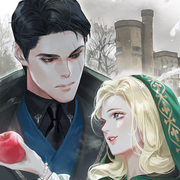
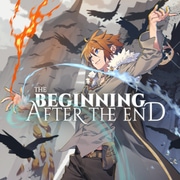

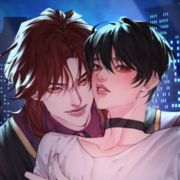
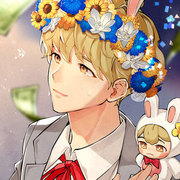


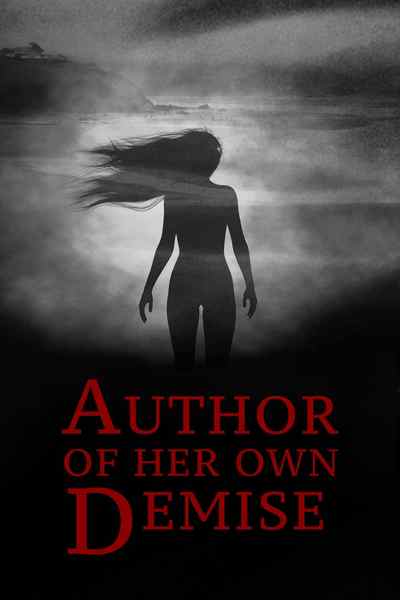

Comments (0)
See all